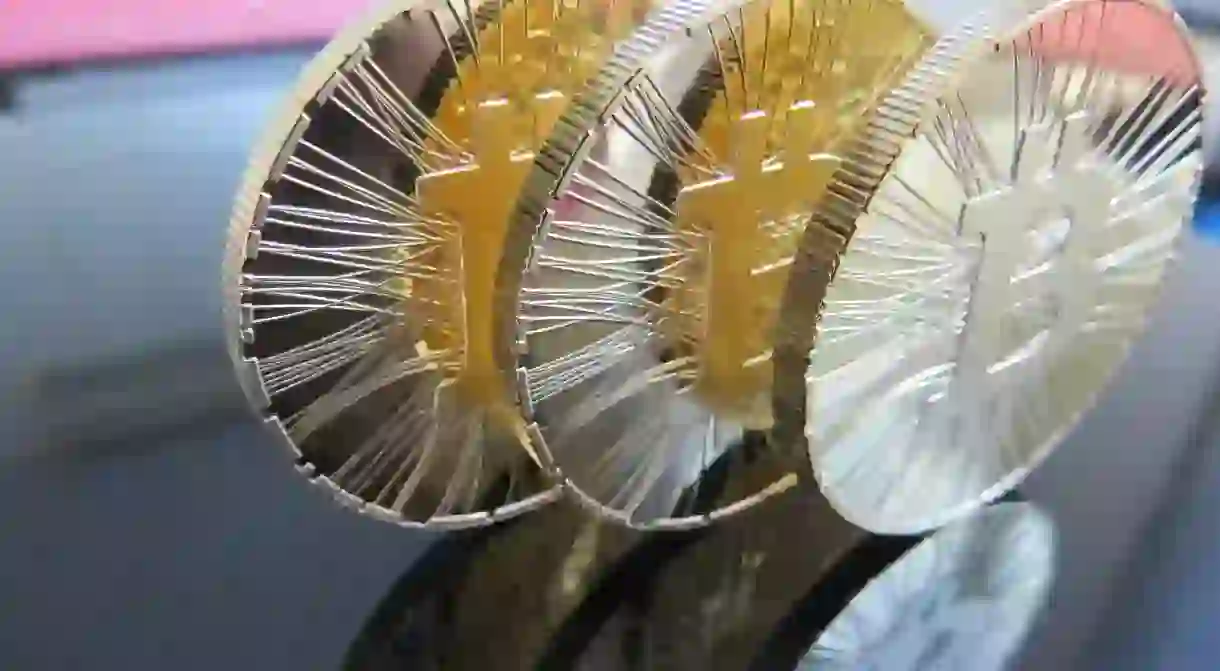Is Canada the World's Next Bitcoin Mining Capital?

Bitcoin – the cryptocurrency that’s escaped from techies’ dreams and barrelled headfirst into the mainstream – is having a major moment.
Everyone’s either invested in Bitcoin, talking about investing in Bitcoin or talking about how they wish they’d invested in Bitcoin.
As hype continues to drive up demand, Bitcoin ‘mining’ – the the means through which new Bitcoin are released and the process by which transactions are verified and added to the public ledger, known as the blockchain – is taking up increasing energy resources due to the computers required to ‘mine’ the coins. (Surprisingly, even though the currency is strictly digital, the process of Bitcoin ‘mining’ takes place in real life.)

‘Mining’ Bitcoins requires a legion of energy-draining computers to solve complex math puzzles to validate transactions in the cryptocurrency.
In China, where the bulk of the world’s Bitcoin mining currently takes place, miners are growing concerned that local authorities are growing ‘more unwilling to allow expansion,’ according to a recent Reuters report. The article states that ‘Beijing is increasing scrutiny of the sector’s players and may ask local authorities to regulate their power use.’ In late 2017, authorities had already started to shut down some mines.
Enter energy-rich Canada, where regions such as Quebec have excess power capacity and some of the lowest electricity rates in North America.
‘We have the energy available,’ Eric Filion, customer vice-president for public utility Hydro Quebec’s distribution division told Reuters. ‘It’s a question of finding land and buildings quickly.’
For more on the global crypto craze, find out the surprising reasons why cryptocurrency is taking off in South America.













